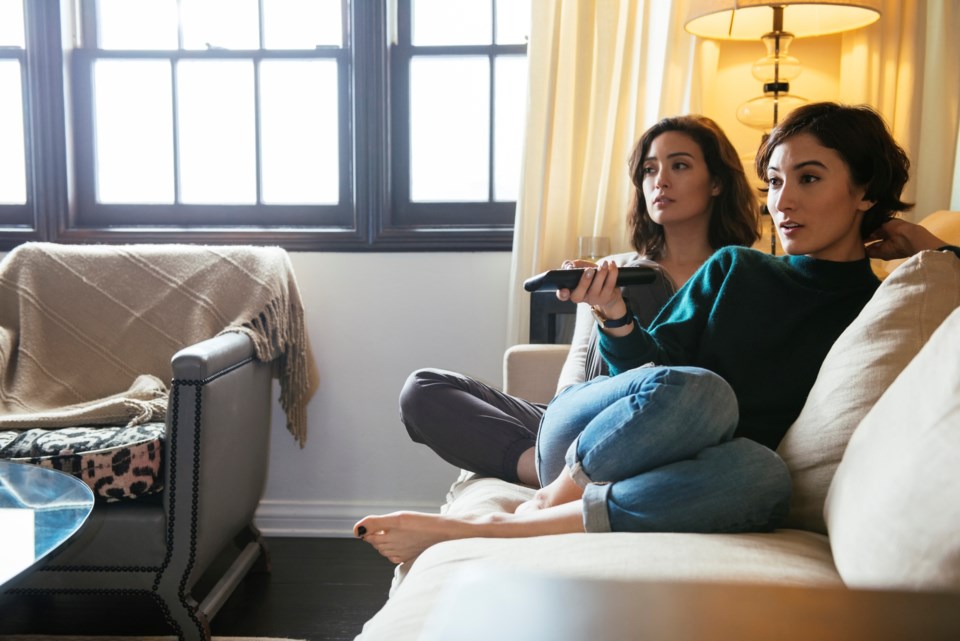If someone would offer you the opportunity to watch a 10-hour movie, what would be your reaction? Probably, just like me, you'd say, "What, are you crazy? I don't have time for that."
How about splitting the 10-hour movie into 10 one-hour pieces and watching it in a day or two, followed by parts two, three and four of the same length? Sure, why not?
What an interesting time we live in.
We don't have time for long reads, and a lot of people abandoned reading books – they are too time-consuming. I have problems finishing 2 1/2 or three-hour movies like Pearl Harbor or Titanic, and everything produced before the 2000s feels really slow. (It took ET over three minutes to explain he wants to phone home in 1982, something impossible to imagine in today's fast-paced movies.)
We are always on the run, yet full-scale TV series have millions of viewers across the world. It seems that Warner Bros., Netflix, Paramount, Amazon, Apple, HBO and others release new series and seasons every day. And the fact that there is a wide offer suggests that demand is there. Nobody would shoot such epic series as Game of Thrones, Vikings, Lost (remember that one?) or even Grey's Anatomy, if there was no market for them. Good old capitalism.
We are too busy, but we watch more and more series. Another contemporary phenomenon.
I recently finished the second season of The Morning Show – an inside look at daily television. The series did hit home with me on two grounds.
First, it reminded me of crazy TV work and the life I used to be a part of at some point. And as an insider of something smaller than the pictured UBA network, but very similar in nature, I'd say it was pretty realistic from this crazy professional experience standpoint.
Second, this current TV series draws upon things we lived through just a few years ago. It starts in the midst of the #MeToo movement, followed by cancel culture, and continues with painting our recent life suddenly hit by the pandemic realities of 2020. It's almost as if you'd leave your body and be able to see the world spinning from above. Memories about these big turning points in our history are still very fresh, so it feels odd to watch the current events through a prism of entertainment production.
I swallowed the entire show of 20 episodes in four to five days. I still got a lot done, but my sleep was once again cut shorter. As I emerged from the show, I realized that even though I enjoyed watching it, I still lost 20 hours of life. Magic. A not that good example of magic, but rather the one that made me think.
Surveys show that most people explain their binge-watching habits as something that helps them to destress, relax and have a good time. Yet, the habit is not as innocent as we may think. Researchers note that once you start regularly prioritizing other important stuff to get through half a season of that awesome new find in one day, TV series turn into a problem.
Just like in the case of other behavioural addictions (a disputable term, addressing non-substance addictions, that currently sees more evidence and research) like gambling, kleptomania, compulsive shopping, video gaming, internet addiction and others, binge-watching activates reward function in our brain, which produces dopamine and makes us feel good for some time. However, as time goes on, we build up some tolerance and need more to have the same level of dopamine. This means we need more of the same activity to get the same joy, so it becomes more difficult to stop watching shows one after another.
Yet, unlike with other behavioural addictions, series does give you something.
A series is a product developed and marketed to serve the needs, habits, interests and preferences of the audience. But they are also an art.
It's indeed interesting to have those many worlds available to you on demand. You can have a look at what the recent reality looks like from the outside. Or you can slip into mind-blowing fantasylands. Or travel back in history. Or just look closer at someone's unique life journey. The opportunities are endless, and the format allows the creation of a world, which we believe exists. Once big crews of professionals including cast, showrunners and many more finish their job, it's so easy to just submerge into the universe they create. You don't need imagination, you don't need to work to visualize it, and you don't even need to really focus on what's happening.
(I often have series playing while I'm doing other things around the house, and when I get back, I still can catch what's going on).
But you indeed have a good time, get your head off the routine and sometimes even learn something.
So I truly believe that format of the TV series is awesome. But we do need to watch our habits while enjoying the shows, so they don't start taking more than they give us.




